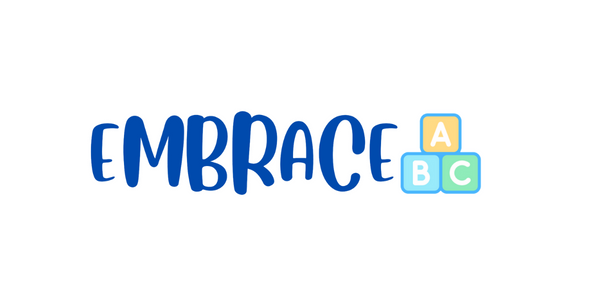EMBRACE

Early Childhood Education and Care (ECEC) settings, like nurseries and kindergartens, need to work together with parents, children and communities to create an inclusive early education and care environment for children with intellectual disabilities. However, they lack the tools and knowledge for establishing and maintaining such collaborative practices. The EMBRACE project is seeking to provide tools to foster inclusion of children with intellectual disabilities and therefore the quality of early childhood education and care. EMBRACE provided capacity building opportunities and educational resources for both core (educational) staff and ECEC assistants and leaders.
Aims
The specific objectives were:
- To develop inclusive values and attitudes among ECEC staff and strengthen their knowledge and capacities to accommodate the needs of children with intellectual disabilities.
- To equip ECEC staff and leaders with the needed tools, resources and knowledge to foster a culture of inclusion through collaborating with colleagues, children, parents and community members.
- To raise awareness among children, parents and the general public on the importance of inclusion of children with intellectual disabilities in ECEC.
- To increase the visibility of children with intellectual disabilities, deconstruct stereotypes and fight discrimination through overcoming barriers to early years’ education.
Target Groups
1. ECEC Staff and leaders (nurseries and kindergartens)
2. Pre-school children (0-6 years old)
Activities
Main project activities:
- A transnational report that offers in-depth insights on the state of play in each of the participating countries regarding the opportunities for initial and continued education of ECEC staff on topics concerning inclusive ECEC of children with intellectual disabilities.
- An e-Learning course that encompasses the design, development and piloting of an eLearning course for ECEC staff, with the aim to strengthen their attitudes, knowledge, values, and skills. These skills are central to ensuring that ECEC settings are welcoming and inclusive of children with intellectual disabilities.
- A handbook on Fostering a Culture of Inclusion. The design, development and piloting of this handbook for ECEC staff on fostering inclusive environments for children with intellectual disabilities was done through engaging and collaborating with colleagues, children, parents and other community members.
- An awareness-raising toolkit. Design, development and piloting of a toolkit for ECEC settings with useful and effective resources for raising awareness of the importance of inclusion of children with intellectual disabilities in early childhood education and care. The programme provides capacity building opportunities and educational resources for both core (educational) staff and ECEC assistants and leaders.
Latest news
Newsletters:
Press releases:
Partnership
- TEATR GRODZKI (coordinator) (Poland)
- Family and Childcare Centre – KMOP Skopje (North Macedonia)
- Emphasys Centre (Cyprus)
- KMOP: Social Action and Innovation Centre (Greece)
- Regional Directorate for Primary and Secondary Education of Attica – RDPSEA (Greece)
- European Association of Service providers for Persons with Disabilities
Duration
January 2022 - December 2023
Contact
- Irene Bertana, Senior Policy Officer, EASPD
- Ángela Corbi, Membership Officer, EASPD

